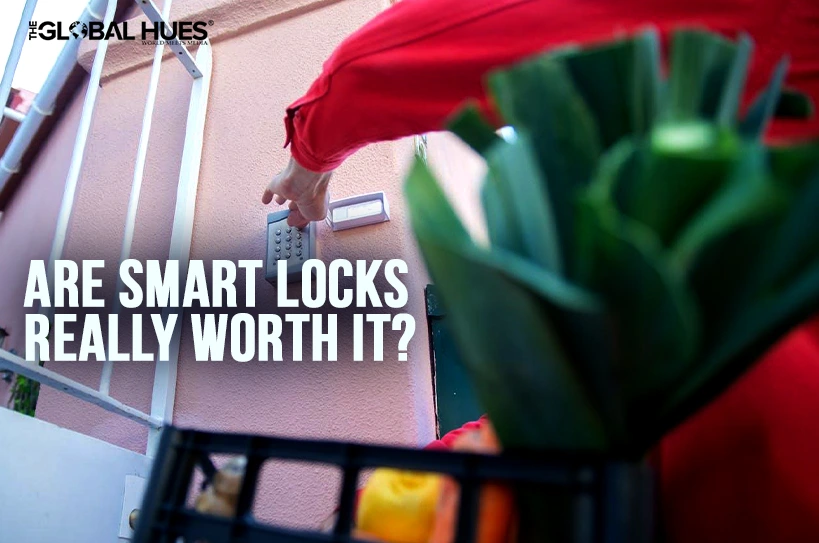In recent years, smart locks have emerged as a popular security solution for homeowners seeking convenience and advanced technology. With the ability to control lock mechanisms remotely through smartphones or voice commands, smart locks offer a modern twist on traditional home security. However, are these high-tech devices truly worth the investment? This article explores the benefits and drawbacks of smart locks, compares them to conventional locking systems, and examines their impact on safety and user experience. By understanding these aspects, readers can make an informed decision about whether integrating smart locks into their homes is the right choice.
The advantages of using smart locks
One of the standout features of smart locks is undoubtedly their convenience. Imagine never having to fumble for keys again! With keyless entry and remote access via your smartphone, entering your home becomes seamless. Features like temporary access codes allow you to grant entry to friends or service providers without physical keys. Moreover, integration with other smart home devices enhances your daily life by automating routines. Security-wise, many models boast advanced encryption and tamper alerts that heighten protection compared to traditional locks. All in all, Bold Smart Lock offers a blend of convenience and enhanced security.
Potential drawbacks and concerns to consider
Despite their appeal, smart locks come with certain concerns—cybersecurity being a primary one. The possibility of hacking or unauthorized access can’t be ignored. Additionally, reliance on power means that technical glitches or battery failures might temporarily compromise functionality. Privacy is another issue; manufacturers often collect data which could be concerning for some users. These factors highlight why it’s crucial to weigh potential risks against benefits before making a switch from traditional systems to these tech-savvy alternatives.
Comparing smart locks with traditional options
When comparing smart locks with conventional ones, several factors emerge: installation ease varies—some smart models require professional help whereas most traditional locks are DIY-friendly. Cost-effectiveness over time depends largely on individual usage patterns; initial costs may be higher for smart systems but savings occur through decreased locksmith visits due to lost keys! Reliability under diverse conditions shows mixed results depending on environmental exposure (e.g., extreme weather). Ultimately though it boils down personal preference regarding technology usage versus simplicity offered by standard mechanisms.
Evaluating if smart locks are a worthy investment
The decision to invest in a Bold Smart Lock hinges heavily on personal circumstances and preferences. For those constantly juggling multiple access permissions—like Airbnb hosts—or individuals who value cutting-edge tech at home frontlines investing makes sense given added conveniences such as remote management capabilities plus robust security features designed deter intrusions effectively enough even when away traveling frequently! Conversely simpler needs met just fine sticking old-school approaches until further technological advancements potentially eliminate existing limitations entirely making transition smoother future date perhaps sooner later depending pace innovation within this rapidly evolving sector overall landscape continues expand exponentially year upon year basis globally speaking now more than ever before seen history mankind itself arguably!
After exploring various facets of smart lock technology—from its advantages over traditional systems to potential pitfalls—it becomes clear that there is no one-size-fits-all answer regarding its worthiness as an investment. For tech-savvy individuals who prioritize convenience alongside cutting-edge security features for their homes—or those frequently managing varying access permissions—smart locks may indeed prove worthwhile. Conversely, individuals prioritizing simplicity without technological complexities might find traditional solutions more fitting for their needs until further advancements render current limitations obsolete.
(DISCLAIMER: The information in this article does not necessarily reflect the views of The Global Hues. We make no representation or warranty of any kind, express or implied, regarding the accuracy, adequacy, validity, reliability, availability or completeness of any information in this article.)




